Description
Course Summary
This intensive course explains how small computers act as components within larger systems. Furthermore, it focuses on design trade-offs, resource constraints, and system-level thinking. Moreover, learners will build firmware, test hardware interfaces, and analyze timing behavior. In addition, the curriculum balances theoretical foundations with practical labs so you can apply concepts immediately.
What You’ll Learn
- Embedded architecture and microcontroller fundamentals.
- Hardware–software co-design and interfacing techniques.
- Real-time operating systems (RTOS) concepts and scheduling.
- Low-level programming in C and embedded C idioms.
- Peripheral drivers, interrupts, and power management.
- System debugging, profiling, and optimization methods.
- Safety, reliability, and testing strategies for embedded devices.
Requirements
To succeed, you should have basic programming knowledge and hands-on familiarity with C or C++ programming. Additionally, some exposure to digital logic or basic electronics helps. However, absolute beginners can still follow along if they commit time to practice the introductory labs.
Suggested tools: a microcontroller development board (e.g., Arduino, STM32, or similar), a USB serial adapter, and a standard toolchain (GCC toolchain, make, and a simple debugger).
Course Description
This course presents an in-depth exploration of embedded computing from both theoretical and applied perspectives. First, we introduce component-level architecture and then progress to system design patterns. Next, you will implement device drivers, manage interrupts, and tune real-time performance. Furthermore, labs guide you through building end-to-end projects so you can immediately validate your designs. Consequently, graduates will be able to architect robust embedded solutions that meet timing, power, and safety requirements.
We emphasize active learning and real code. Therefore, every module includes practical exercises with annotated source code and step-by-step debugging sessions. Moreover, instructors provide checklists and templates to accelerate development in real projects. Finally, the course includes case studies drawn from IoT, automotive, and industrial control systems so you can see how principles apply across industries.
Format & Duration
The course includes lecture videos, downloadable slides, and hands-on lab assignments. Each module contains quizzes and an end-of-course capstone project. Because we focus on applied skills, you will produce working firmware and documentation that demonstrate professional standards.
About the Publication
This course is based on authoritative materials and practical examples created by experienced embedded systems engineers. The instructor holds industry experience in firmware development and systems engineering, and they authored several technical guides and open-source drivers. As a result, you will learn industry-proven workflows and best practices.
Explore These Valuable Resources.
Explore Related Courses
Who Should Enroll
Engineers, students, and hobbyists who want to deepen their embedded systems skills will benefit most. Furthermore, professionals preparing for firmware roles or system integration positions will find immediate value. Enroll now to accelerate your embedded systems career.



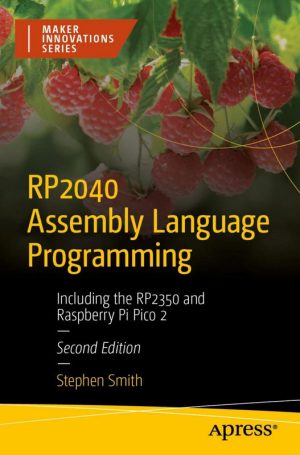
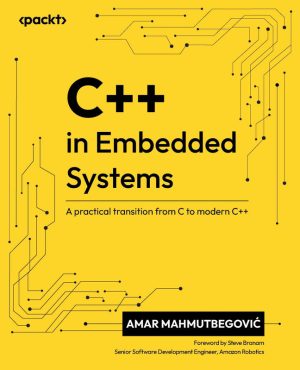
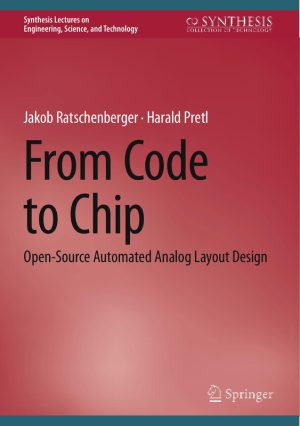
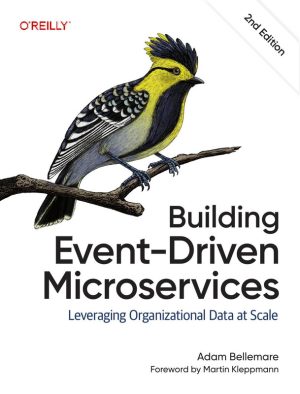
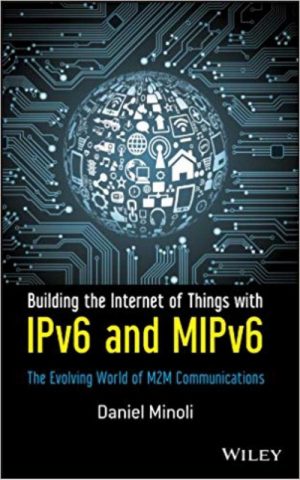
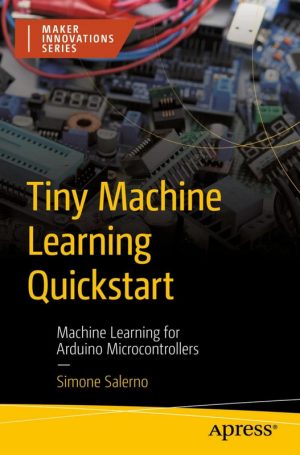
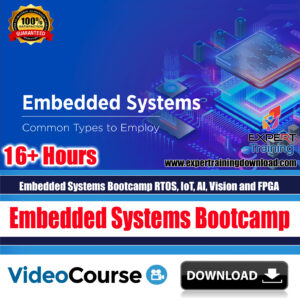
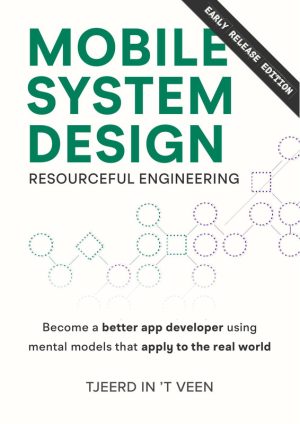
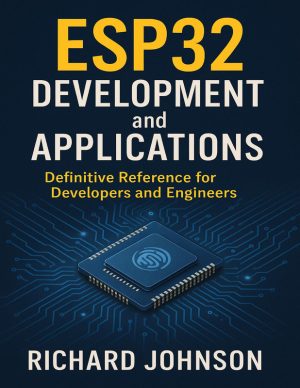
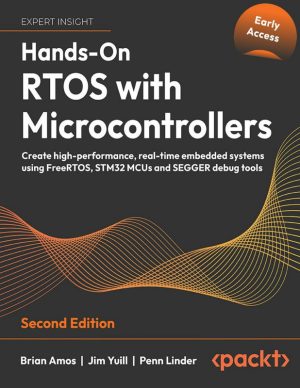


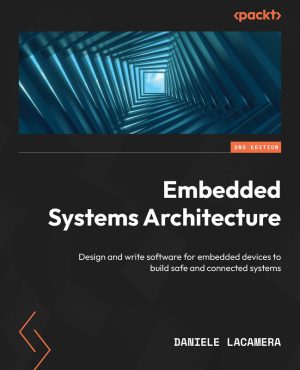
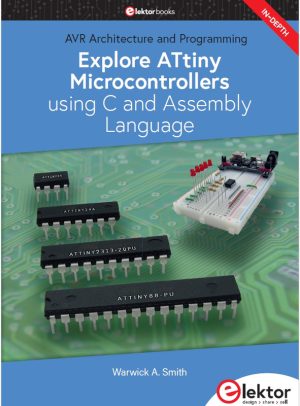
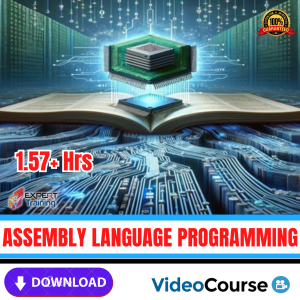
Reviews
There are no reviews yet.